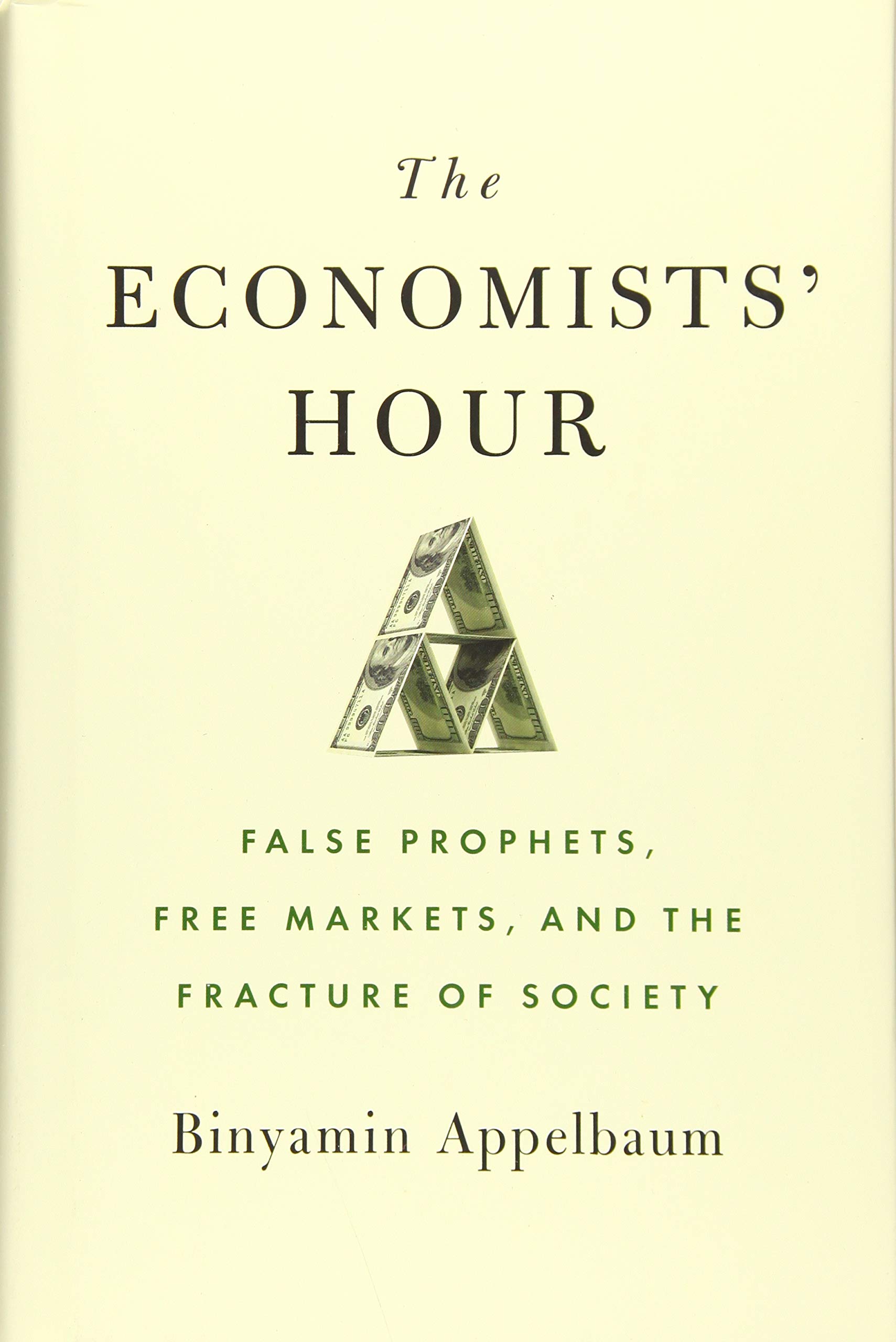As a recent example, I read this book “The Economist’s Hour” which is a left-wing critique of free markets https://www.amazon.com/Economists-Hour-Prophets-Markets-Frac...
It’s thrust is that free markets are good, but need to be regulated by the government to make them fair. I disagree with many of its conclusions, but I did appreciate the numerous examples of regulatory overreach the author provided to show how it can be taken too far. The sections on trucking and the airline industry were particularly illuminating.
For example, airline companies were licensed by 1938 and no other airlines were allowed to be created until deregulation in the Carter administration. Airlines (and many other industries) would go hat-in-hand to regulators begging them to solve all of their problems - prices, competition, union issues, and on and on. As intra-state flying wasn’t regulated by the feds but inter-state was, it became cheaper to fly within a state by over 50% than if you crossed a state border.


s/theft/the price paid for civil society
The "taxation is theft" view is the narrowest sort of tunnel vision:
- Monetarist Milton Friedman is worshiped by many libertarians — but it was recently said that Friedman celebrated drivers while taking roads for granted [0].
- Now-senator Elizabeth Warren summed it up nicely in her famous 2011 living-room campaign talk [1]. Transcript: "There is nobody in this country who got rich on his own. Nobody. You built a factory out there — good for you. But I want to be clear: You moved your goods to market on the roads the rest of us paid for. You hired workers the rest of us paid to educate. You were safe in your factory because of police forces and fire forces that the rest of us paid for. You didn't have to worry that marauding bands would come and seize everything at your factory and hire someone to protect against this because of the work the rest of us did. Now look, you built a factory and it turned into something terrific or a great idea — God bless; keep a big hunk of it. But part of the underlying social contract is you take a hunk of that and pay forward for the next kid who comes along. [Applause]"
[0] https://www.amazon.com/Economists-Hour-Prophets-Markets-Frac...
[1] https://youtu.be/htX2usfqMEs?t=51